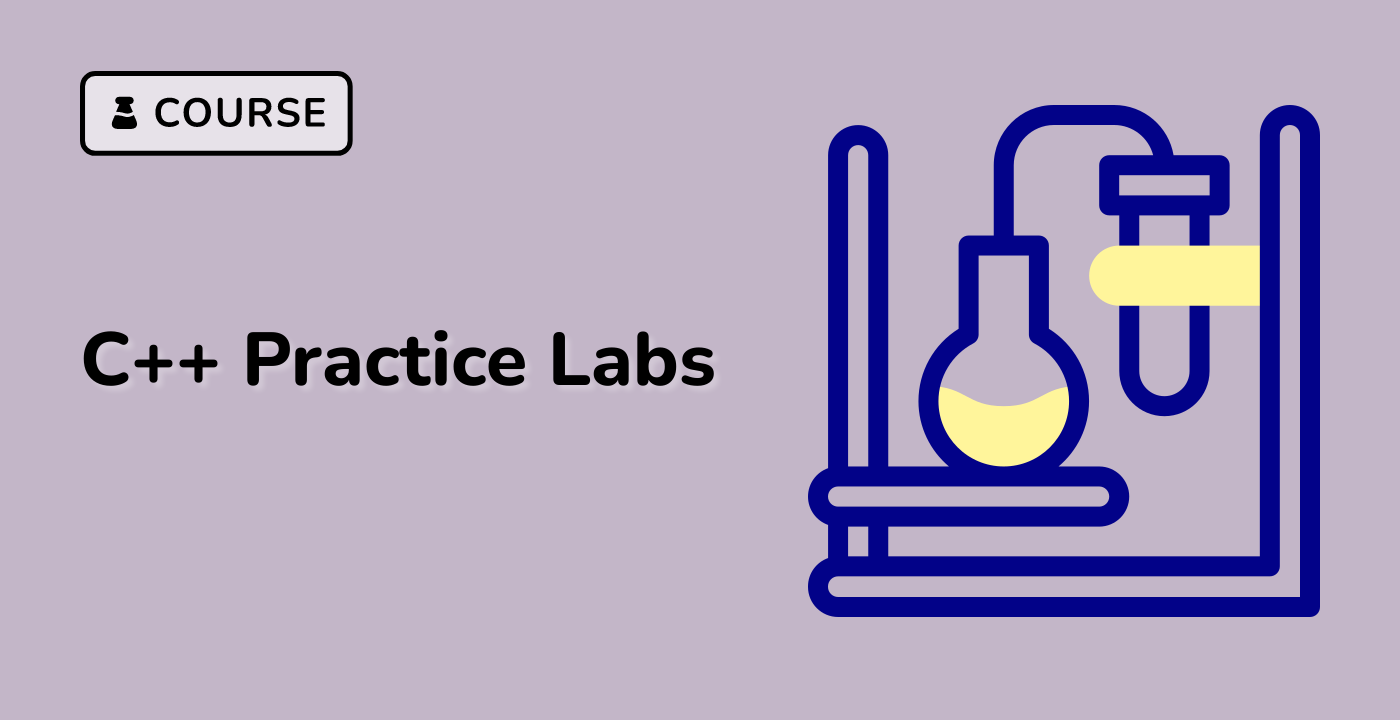Optimization Techniques
String Optimization Strategies
Efficient string handling is crucial for high-performance C++ applications. This section explores advanced techniques to minimize copying and improve memory usage.
Move Semantics
Rvalue References
#include <string>
#include <iostream>
std::string createString() {
return "LabEx Optimization Tutorial";
}
int main() {
// Move semantics eliminates unnecessary copying
std::string str = createString();
// Move constructor
std::string movedStr = std::move(str);
return 0;
}
graph LR
A[Copy Construction] -->|High Overhead| B[Memory Allocation]
C[Move Semantics] -->|Low Overhead| D[Efficient Transfer]
Optimization Techniques Comparison
| Technique |
Memory Impact |
Performance |
Complexity |
| Copy Constructor |
High |
Slow |
Low |
| Move Semantics |
Low |
Fast |
Medium |
| String View |
Minimal |
Fastest |
High |
String View Optimization
#include <string>
#include <string_view>
void processString(std::string_view sv) {
// Lightweight, non-owning reference
std::cout << sv << std::endl;
}
int main() {
std::string str = "LabEx Performance";
std::string_view view(str);
processString(view);
processString(str);
return 0;
}
Memory Optimization Techniques
1. Reserve Method
std::string str;
str.reserve(100); // Preallocate memory
2. Small String Optimization (SSO)
std::string smallStr = "Short string"; // Stored inline
std::string longStr = "Very long string that exceeds SSO buffer";
Advanced Optimization Patterns
class StringOptimizer {
private:
std::string data;
public:
// Perfect forwarding
template<typename T>
void setString(T&& value) {
data = std::forward<T>(value);
}
// Efficient string concatenation
void appendOptimized(const std::string& append) {
data.reserve(data.size() + append.size());
data += append;
}
};
Benchmark Considerations
graph TD
A[String Operation] --> B{Optimization Strategy}
B -->|Move Semantics| C[Minimal Copying]
B -->|String View| D[Zero-Cost Abstraction]
B -->|Preallocate| E[Reduced Reallocation]
Best Practices
- Use move semantics when transferring ownership
- Leverage
std::string_view for read-only operations
- Preallocate memory for known sizes
- Minimize unnecessary string copies
- Use references for function parameters
- Use compiler optimization flags
- Profile with tools like Valgrind
- Measure actual performance impact
- Choose technique based on specific use case
Key Takeaways
- Modern C++ provides powerful string optimization techniques
- Understanding memory transfer is crucial
- Balance between readability and performance
- Continuous learning and profiling are essential




